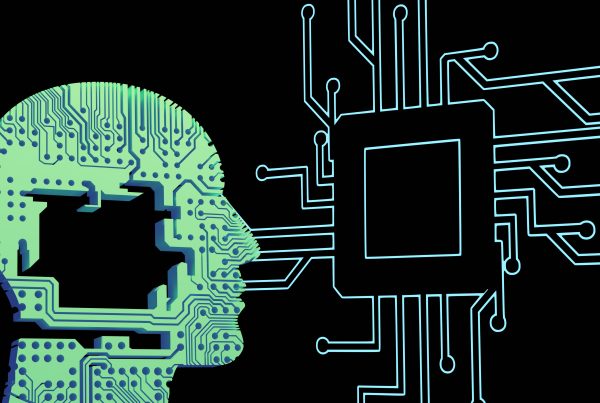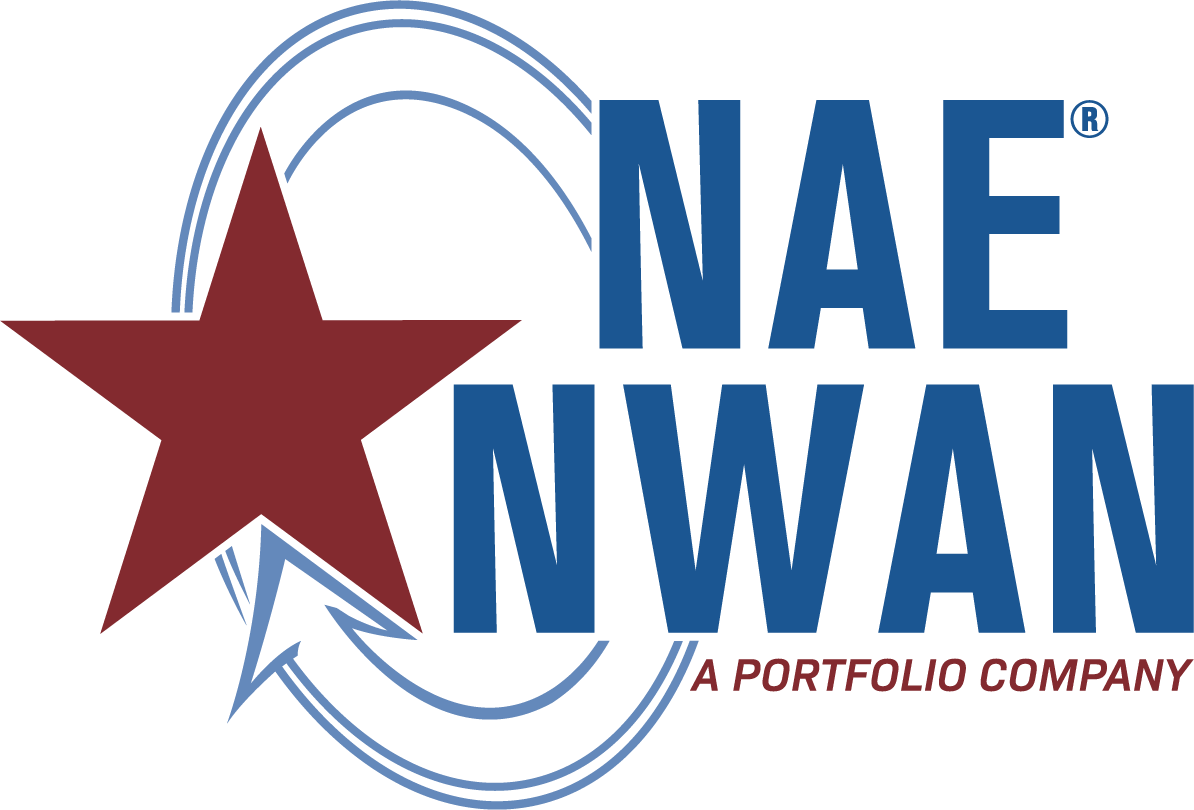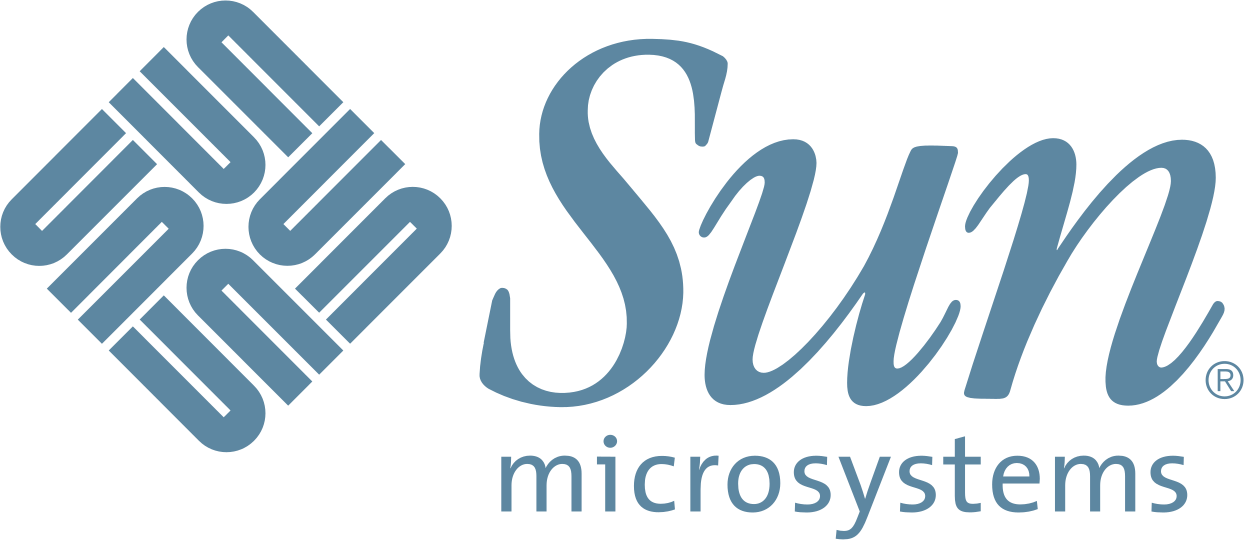In a world where technology is evolving at an unprecedented rate, businesses are constantly seeking new ways to enhance their operations and stay ahead of the curve. Two of the most exciting developments in recent years have been artificial intelligence (AI) and software as a service (SaaS). Both offer powerful tools for streamlining processes, improving productivity, and reducing costs. But what happens when you combine these two game-changing technologies? The result is nothing short of revolutionary. In this blog post, we’ll explore why AI and SaaS are the perfect match for creating a more efficient, intelligent future – one that will transform the way we work forever.
Introduction to AI and SaaS
When it comes to artificial intelligence (AI) and software as a service (SaaS), the two are a perfect match. SaaS provides the infrastructure and platform for AI to be built upon, while AI can be used to make SaaS applications more efficient and intelligent.
The combination of AI and SaaS is already being used by some of the biggest companies in the world to transform their businesses. For example, Amazon is using AI to power its Amazon Web Services (AWS) cloud platform, while Google is using AI to improve the efficiency of its search engine.
In the future, the combination of AI and SaaS will only become more important as businesses look to gain a competitive edge by using AI to automate tasks and make their applications more intelligent.
Impact of AI on SaaS
AI and SaaS are two of the most popular buzzwords in the tech industry today. But what exactly is AI, and how can it help improve SaaS?
Simply put, AI is a form of computer programming that enables software to learn and improve from experience. This can be used to automate tasks or make recommendations based on data. For example, a customer service chatbot could use AI to understand customer queries and provide relevant responses.
There are many potential applications of AI in SaaS. One area where it can be particularly useful is in automating repetitive tasks. For example, if you use a CRM system to manage your sales pipeline, you could train an AI system to handle some of the mundane tasks such as data entry and lead qualification. This would free up your time so that you could focus on more strategic activities such as developing new products or marketing campaigns.
Another area where AI can help is in providing insights based on data analysis. For example, if you have a large amount of customer data, you could use AI to identify trends and patterns. This could be used to improve your product offerings or target new markets.
AI has the potential to greatly improve the efficiency and intelligence of SaaS systems. It can automate repetitive tasks, freeing up time for users to focus on more strategic activities. It can also provide valuable insights based on data analysis. As more companies adopt AI technology, we will likely see even more innovative
Benefits of Combining AI and SaaS
There are many benefits of combining artificial intelligence (AI) with software as a service (SaaS). One of the most important benefits is that it can help make SaaS applications more efficient and intelligent.
For example, AI can be used to help personalize the user experience within a SaaS application. This could involve providing recommendations to users based on their previous interactions with the application. AI can also be used to automate tasks within a SaaS application, such as sending reminders or follow-ups.
Another benefit of combining AI and SaaS is that it can help improve the security of SaaS applications. AI can be used to monitor user activity and identify suspicious behavior. This information can then be used to improve the security of the application.
Combining AI and SaaS can help create a more efficient and intelligent future for both businesses and consumers.
Potential Challenges Faced when Combining AI and SaaS
When it comes to combining AI and SaaS, there are potential challenges that need to be considered. One challenge is that AI can be data-hungry, which means that a lot of data may need to be collected in order for the AI to work effectively. Another challenge is that AI applications can be complex and difficult to understand, which can make it difficult to integrate them into existing SaaS systems. There is a risk that AI could potentially disrupt or even replace existing SaaS systems and processes.
Examples of Companies Who have Used this Combination Successfully
In recent years, the combination of artificial intelligence (AI) and software as a service (SaaS) has become increasingly popular, as organizations seek to improve efficiency and create more intelligent systems. Here are some examples of companies who have successfully used this combination:
1. Google: Google’s use of AI is well-known, and the company has been using it in various ways to improve its products and services. For example, Google’s search engine uses AI to provide more relevant results based on user queries. In addition, the company’s Gmail service uses AI to prioritize emails and suggest responses.
2. Amazon: Amazon also relies heavily on AI, using it for tasks such as product recommendations and order fulfillment. The company’s Amazon Web Services platform provides AI services to other organizations, including machine learning and natural language processing.
3. Facebook: Facebook makes use of AI in a number of ways, including for facial recognition in photos and videos, News Feed personalization, and spam detection. The company is also working on developing new features such as automatic translation and improved accessibility for blind users.
4. IBM: IBM has been a leader in artificial intelligence research for many years, and has developed a number of products and services that make use of the technology. For example, the company offers an AI-powered chatbot service called Watson that can be used for customer support or marketing purposes. IBM also offers a cloud-based machine learning platform called Watson Studio.
Conclusion
AI and SaaS are two technologies that, when combined, can produce amazing results. They enable businesses to become more efficient and intelligent by leveraging the power of machine learning and automation. By investing in these types of technology solutions now, organizations can save money over time as well as create a competitive advantage for themselves by staying one step ahead of their competitors. With its wide range of benefits, it’s no wonder why so many companies have already embraced the perfect match between artificial intelligence and software-as-a-service.
































